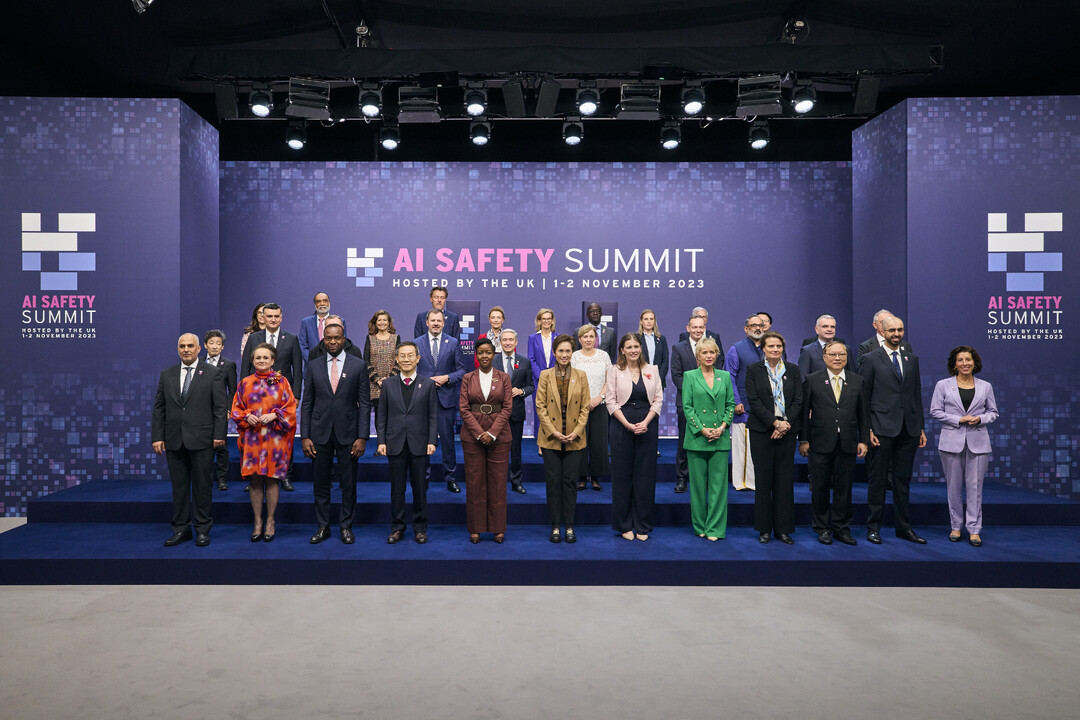At Chatham House recently I heard a rather sombre reflection from Professor Yoshua Bengio, one of the world’s distinguished AI computer scientists. Bengio stated that AI models never act as intended. A dark insight and revelation from a deep learning pioneer that accentuates why the speed of AI developments must be met with regulation.
Predicting the twists of human affairs, much like AI itself, is no straightforward endeavor. The recent spectacle at the UK’s AI Safety Summit held at the historic Bletchley Park epitomizes this unpredictability. The US proclaimed an executive order on AI regulation and the establishment of its very own AI safety institute right on the inaugural day of the UK’s summit. This audacious move boldly reaffirms the US’ commitment to self-regulation, as it reaffirms its dominance as a leader.
During the summit, the US Vice President, Kamala Harris asserted in London,
“… when it comes to AI, America is a global leader… it is America that can catalyse global action and build global consensus in a way that no other country can.”
The domain of AI has become a fierce battleground of political and economic dominion. In comparison, the UK’s summit did something that no leader has done before – traverse geopolitical tensions to bring a diverse group of leaders from countries, companies, and academic institutions, to agree an international pledge to manage AI harms.
This momentous gathering culminated in the signing of ‘The Bletchley Declaration,’ gathering support from 28 countries and the European Union, and, remarkably, even China. Nevertheless, skeptics remained, dismissing the declaration as a symbolic gesture bereft of tangible enforcement mechanisms.
Deep-seated challenges of AI regulation persist, spanning the realms of genuine international collaboration, the compilation of a comprehensive global inventory of recognized harms, the synchronization of regulation with the relentless march of technological innovation, and, not the least, crafting economic solutions to address the transformation of the labor market. The catalogue of obstacles is vast, and for a more in-depth analysis, check out my previous blog post.
The Financial Times’ Stephen Bush described the summit’s outcome as,
“… any prospect that the UK can be a world leader in that field and not a mere convener of talking shops is a bit of a fantasy, so: failure…”
Nations and corporations shared their opinions and positions. From the doomsday prophecies of Elon Musk, foretelling an AI-driven job apocalypse, to the slightly more optimistic musings of Nick Clegg, who believes that existential fears were being exaggerated – the spectrum of views was wide. Musk’s presence, for some attendees, bordered on the distracting, with his cataclysmic warnings often drowning out nuanced discussions, thus contributing to a sensationalized narrative.
Meanwhile, as the world’s elites grapple with the profound implications of cutting-edge AI technologies, companies continue to confront the daily challenges posed by AI’s relentless march.



